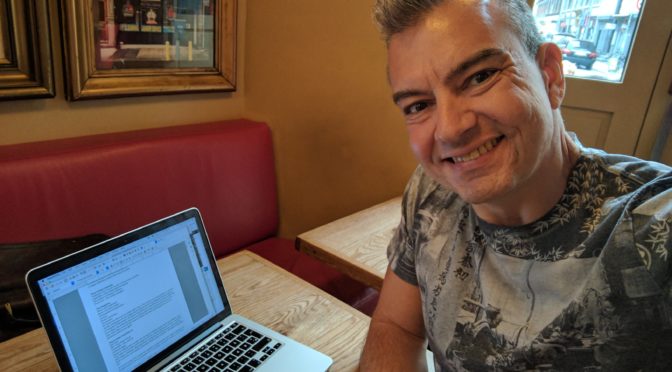
This is the first draft I wrote for the back cover of my new book, Leading with Happiness. Do you like it? Would you read this book? Any suggestions?
Here it is:
What if there was more to leadership than maximizing business results, whatever it takes?
Drawing on fascinating research from psychology, brain science and philosophy, this book will show you why leaders are more successful when they put happiness first – for themselves, for their employees, for their customers and for the wider world.
Learn from some of the best and happiest leaders in business, arts, politics and the military, including:
- The symphony conductor who knows that happy musicians play better music
- The company founder who got much better results when he stopped being a jerk and started being happy
- The industrial CEO who had to unlearn everything he’d been taught about leadership to create a happy and successful manufacturing giant
- The nuclear submarine captain who stopped giving orders
- The IT executive who brought his company out of a major crisis by focusing on his employees’ happiness
Using these lessons, your leadership can become a force for good, creating better business results and a better world.



 As always, I do all my writing in a café.
As always, I do all my writing in a café. I have just started writing my fifth book, tentatively titled “Leading With Happiness.”
I have just started writing my fifth book, tentatively titled “Leading With Happiness.” 